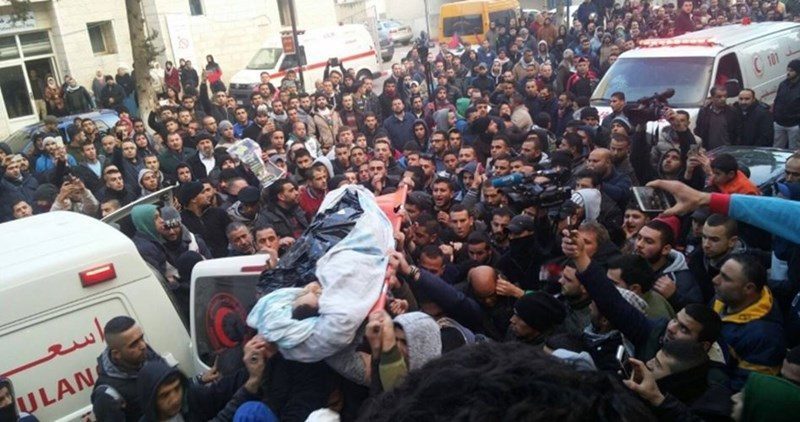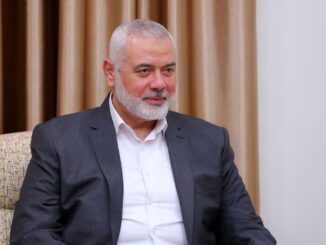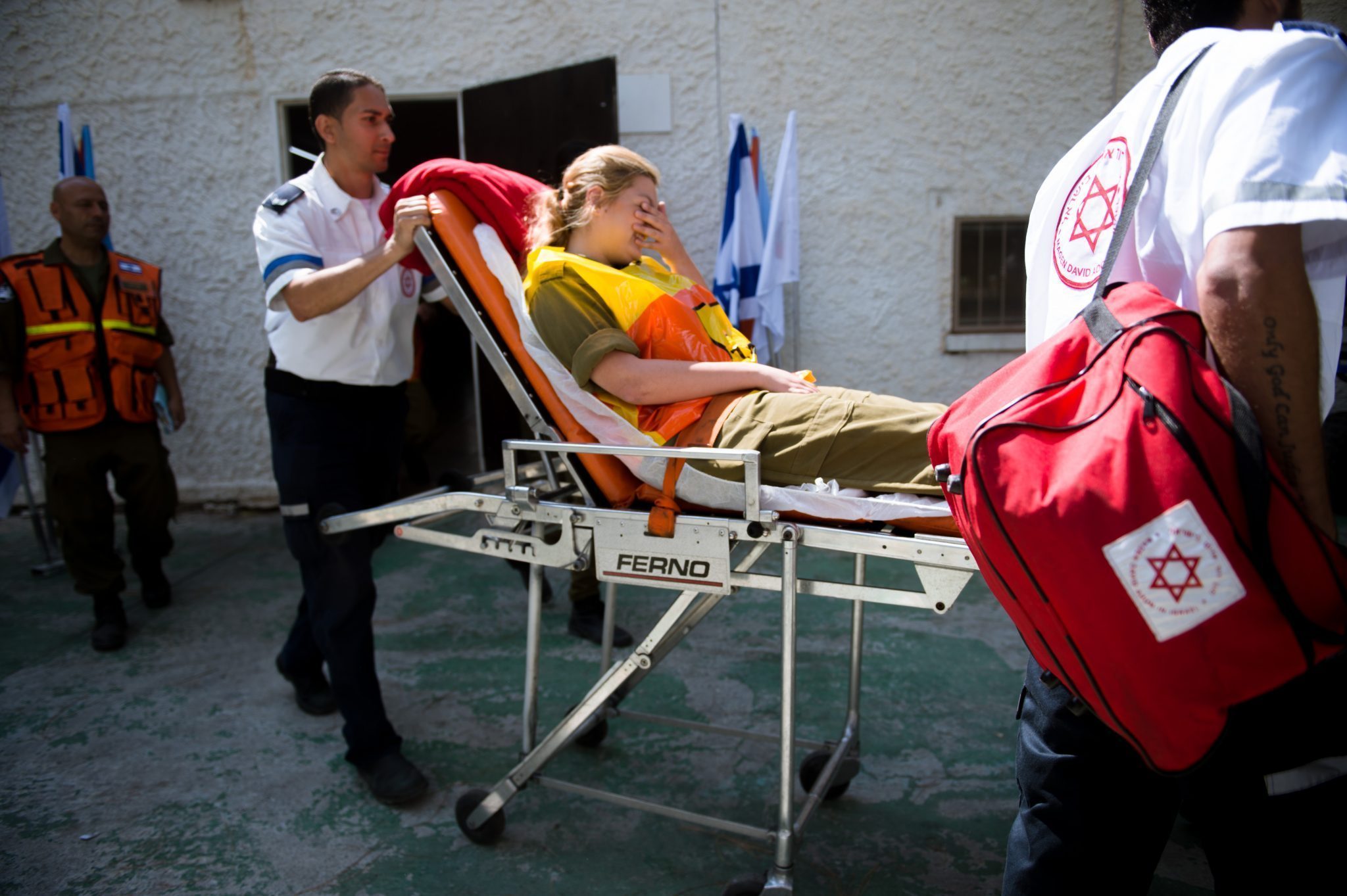
The Israeli authorities will reportedly return the body of a Palestinian which had been withheld for nearly 10 months in the coming days, the Palestinian Committee of Prisoners’ Affairs said on Monday, According to Palestinian local agencies.
Muhammad Mahmud, a lawyer for committee, said that Israeli intelligence had agreed to return the body of Bahaa Elayyan to his family, pending a number of preconditions.
Israeli authorities agreed to release Elayyan’s body if no more than 30 people attended his funeral — an increase from its initial stipulation that only 20 people attend — and mandating that it take place at the Lion’s Gate cemetery in the Old City of occupied East Jerusalem.
For their part, the family of the Palestinian martyr Baha Elaiyan announced their refusal of Israeli conditions for returning back the body of their son which has been detained since last October.
In June, Israeli police decided that slain Palestinians from East Jerusalem accused of “terrorism” would no longer have funerals in their neighborhoods or villages, but would instead be buried in cemeteries chosen by the police.
Elayyan’s family was also made to pay a security deposit of 20,000 shekels ($5,218).
Mahmud added that an appeal to the Israeli Supreme Court over Palestinian bodies held by Israel would remain ongoing until the last body was returned.
Elayyan, 22, was killed on Oct. 13 after carrying out a stabbing and shooting attack on a bus in the East Jerusalem neighborhood of Jabal Mukkabir, killing three Israelis.
The bodies of at least seven Palestinians are still being held by Israel, with Elayyan’s father Muhammad Elayyan spearheading the movement of slain Palestinians’ families demanding their release.
Muhammad Elayyan was detained by Israeli forces for several days in June over his involvement in protests.
Israel dramatically increased its policy of withholding bodies since the beginning of a wave of unrest across the occupied Palestinian territory since October in which nearly 220 Palestinians have been killed by Israelis.
Human rights organizations have also widely condemned the policy, with prisoners’ rights group Addameer calling it a form of “collective punishment” against Palestinians who had not been accused of any wrongdoing, also noting that it “adds to the severe grief and trauma of families of the deceased.”



